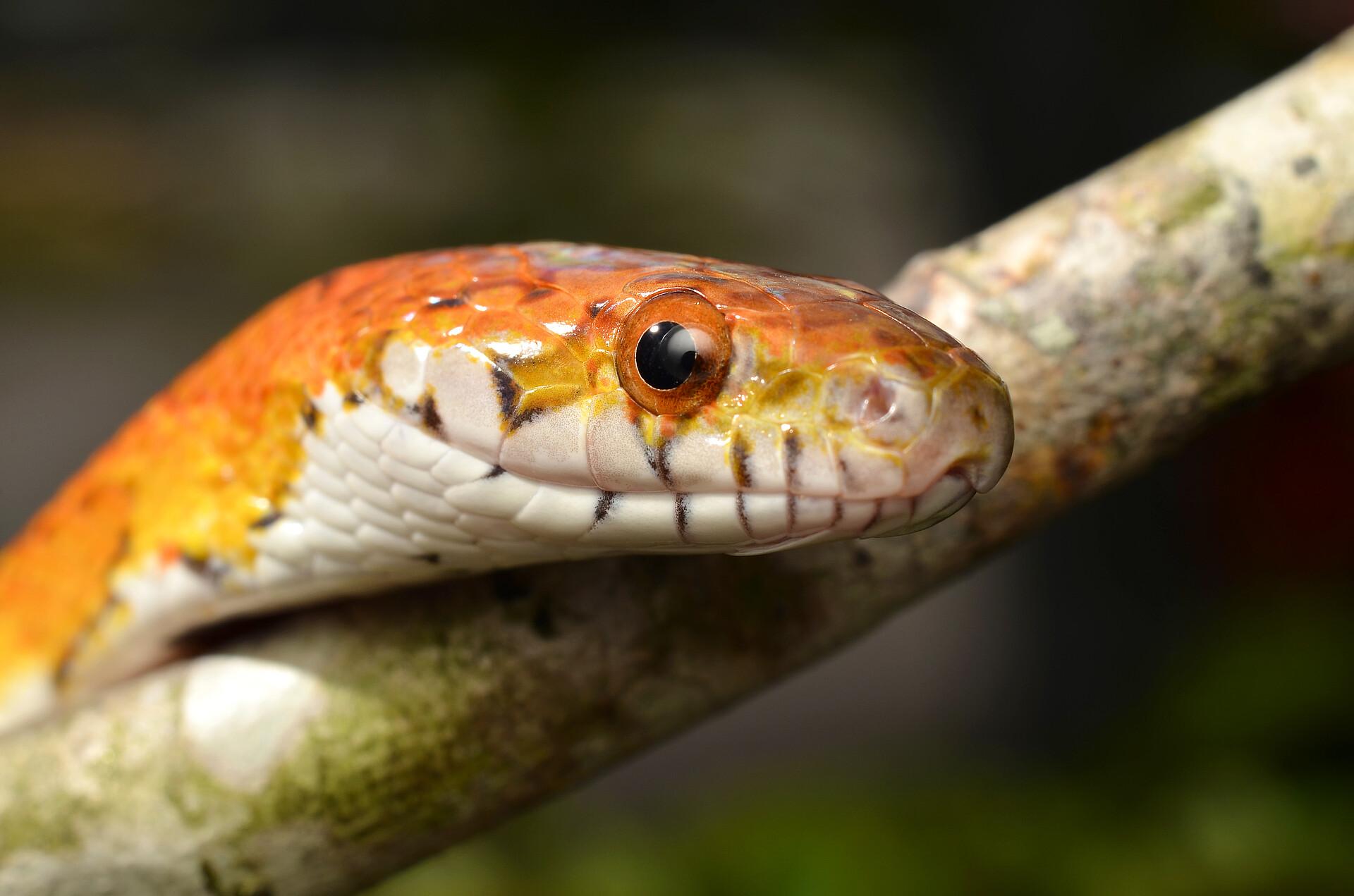#PETCARENOTPETBANS
Our proposals for animal welfare-friendly pet keeping
The proposal to introduce a positive list is motivated by the objective of avoiding animal suffering. We share the concern, but disagree on the solution. What contributes to animal welfare? From our point of view, positive lists are not suitable, we therefore propose the following measures:

1. Nationwide regulations for the keeping of dangerous animals
The keeping of all pets must be permitted in principle. Where necessary, the keeping of pets should be regulated on a nationwide basis, for example in the keeping of dangerous animals (see dangerous animal regulations of the federal states).
2. Continuous development of minimum requirements
The BMEL's minimum requirements for the keeping of animals should be adapted to the current state of scientific knowledge as well as continuously developed with the help of a panel of experts and published on the BMEL's portal haustier-berater.de
3. Promote expertise among pet owners
Knowledge protects animals! Pet owners must know the needs of their pets in order to be able to keep them in a way that is appropriate for animal welfare. In addition to counsel from breeders, pet shops or animal shelters, online portals such as www.my-fish.org, www.wirfuerstier.de or www.leben-mit-heimtier.de as well as the offers of pet owner, animal welfare or veterinarian organisations should be further expanded for one's own further training in animal welfare-friendly pet keeping. The helpful information portal of the BMEL at haustier-berater.de could be a central contact point and be further developed by an interdisciplinary committee (veterinary profession, pet owner associations, breeding associations, pet trade, species protection associations, exotic animal rescue centres, animal protection associations).
4. Provide early childhood education about pets
Promote empathy and education! Two out of three households with children have at least one pet. It is therefore particularly important that basic knowledge about animal welfare and pets is taught in early education in day-care centres, kindergartens, primary schools as well as secondary schools.
5. Define and prohibit torture breeding
The overtyping of certain breeding traits in pets (special colour, shape or pattern variants, hairlessness or scalelessness, certain body shapes such as dwarfism, short legs or short-headedness) can lead to problems relevant to animal welfare. In addition, negative hereditary factors linked to desired breeding traits can cause animal suffering.
It is not always determined which traits cause animal suffering and to what extent. Therefore there must be a scientific revision of legally binding nationwide lists of breeding forms and their characteristics that are to be regarded as forms of cruelty breeding. The breeding of these torture breeds must be banned.
6. Regulate trade on online portals
Internet platforms must not illegaly offer protected animals without proof of origin, species considered to be torture breeds, or species classified as invasive under EU law. The providers of pets must identify themselves to the online platform. In this way, platform operators can contact the providers directly in case of problems regarding animal welfare, species or disease protection. It is then not possible for providers to sell animals under multiple identities and thus escape classification as commercial traders/breeders.
7. Punish violations, strengthen enforcement
Keeping pets contrary to animal welfare and violations against pet trade that respects the welfare of animalsmust be consistently sanctioned. The German federal government should provide the necessary conditions and, above all, adequately equip enforcement.
8. Enable admission in emergency situations
Politicians and authorities should establish clear framework conditions so that animal owners in emergency situations can hand over animals regardless of their category - including farm animals/pets and so-called exotic pets such as reptiles or small mammals - to rescue centres and the animals can be rehomed. Under certain conditions, the pet trade can also be considered as a partner in the placement of pets from animal shelters.
9. Take scientific findings into account - promote interdisciplinary exchange
When making regulatory proposals in the interest of animal welfare, politicians should take into account scientific findings and the experience of experts from different disciplines.